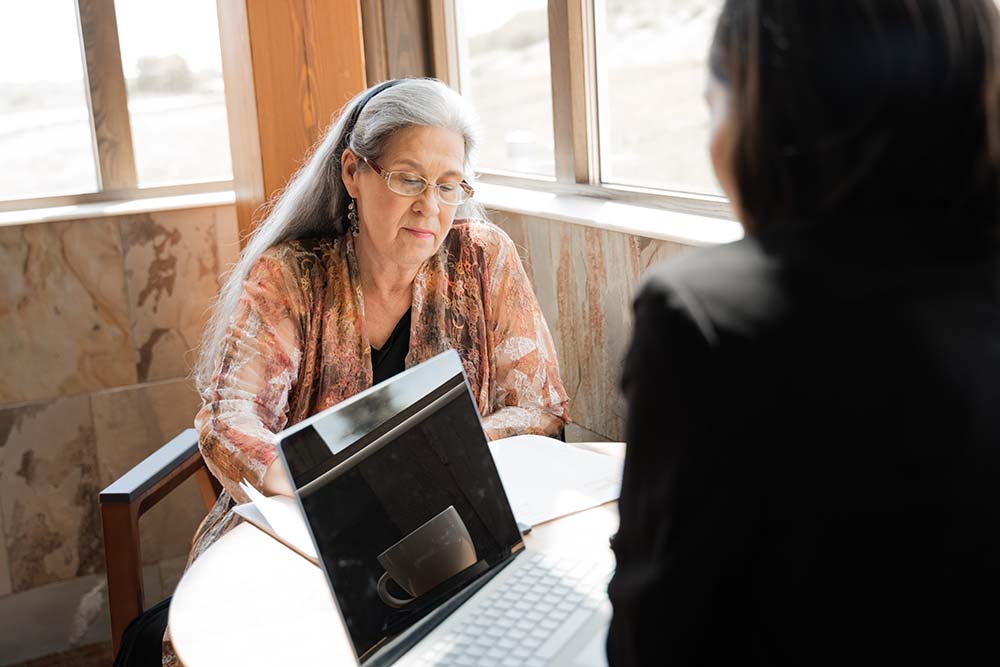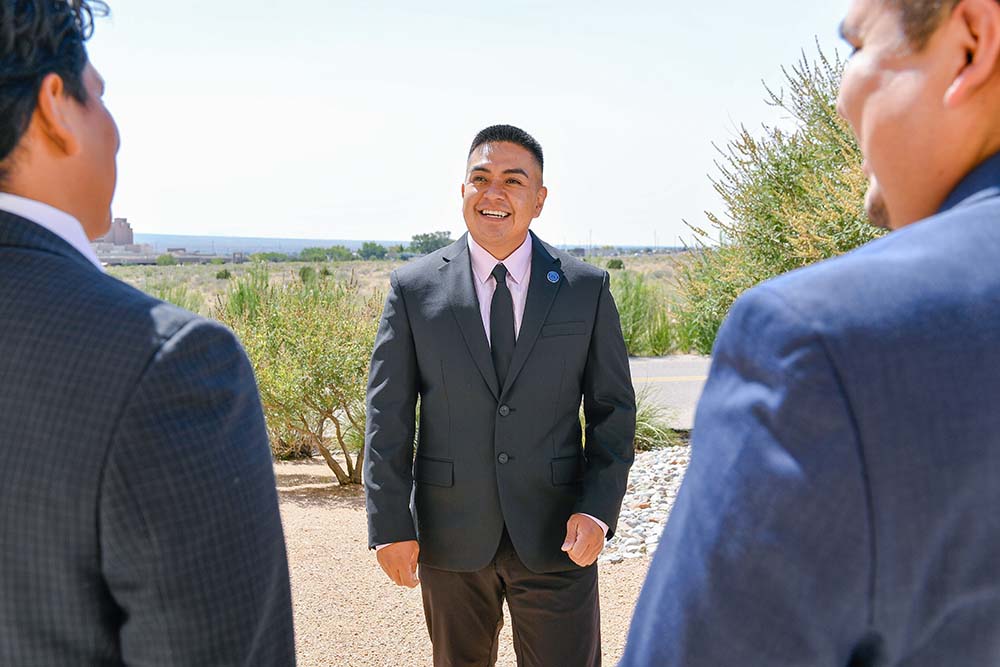
- Details
- By AMERIND
AMERIND recommends that you take time to review your commercial policies and don’t just accept rate increases. Before your upcoming July 1 renewal date, AMERIND encourages all Tribal government and businesses to comparison shop and get quotes on property, liability, workers’ compensation and commercial auto policies. You could be saving your organization money on your commercial insurance coverage. It is worth your time to compare.
Why are AMERIND’s solutions affordable?
AMERIND takes pride in offering some of the most culturally sensitive, affordable and reliable insurance options for customers in Indian Country. Its track record shows that Tribes have trusted the organization to save them millions of dollars in premiums as the organization fulfills its mission to keep Tribal dollars in Indian Country. AMERIND’s CEO Derek Valdo says, “We are cognizant of being efficient and sustainable with only a 5% profit margin. Our competitors consistently charge more. We have proven to be successful on a smaller margin.” AMERIND operates as a sovereign entity protecting tribal sovereignty with a unique understanding of Native American needs. Dan Kain from the Puyallup Tribe said, “From a cost perspective, AMERIND is very competitive with larger insurance companies. When you can go to Tribal Council at renewal time and an AMERIND policy costs less than the competitors, that makes it an easy choice.”
Why AMERIND?
AMERIND is unique from corporate insurance companies in its creation and intention. As a 100% Tribally owned and trusted insurance partner, providing affordable and reliable insurance products and services is a top priority. AMERIND holds Indian Country’s interests at heart and is truly interested in strengthening Native American communities, economies and elevating tribal sovereignty. The organization intends to continue serving our Tribes with a growing and comprehensive suite of affordable and sustainable solutions.

AMERIND’s strong network of brokers
AMERIND has built a solid network of brokers throughout Indian Country who specialize in commercial insurance. These brokers will work with you to assess your needs, compare policies and provide you with the best options. As a broker, Devony Metcalf works closely with Tribes to advise them on the best way to customize their insurance packages/programs, identify exposures and create comprehensive insurance policies to fit the needs of each Tribe.
Metcalf said, “I feel like AMERIND really cares about Indian Country. They will do the right thing and help the Tribe whenever they can. AMERIND looks for ways to pay claims versus ways to get out of claims.” She says AMERIND is consistent in how they conduct business. She trusts them. “AMERIND sticks to their Tribes Protecting Tribes vision.” She explains, “There are many reasons we believe AMERIND is the preferred insurance carrier for Indian Country. First, AMERIND is 100% owned by Tribes. We really like that aspect since we are also a Native-owned business. AMERIND has recently been assigned an A- (Excellent) rating by AM Best. We believe this confirms their financial strength and ability to meet ongoing insurance obligations. We appreciate AMERIND’s transparency. They have been willing to share their financial information, reinsurance partners and claims history with us and our clients. AMERIND offers excellent insurance products that are very competitive within the Tribal market space.”
How do I save on my commercial insurance coverage?
Reach out to a commercial insurance broker in your area to discuss your coverage. Your broker will help you throughout the process to evaluate your risk, compare options and find the best commercial insurance solution for your organization. For a list of brokers who work closely with AMERIND, you can call 1-800-352-3496 or visit AMERIND’s website at AMERIND.com/renewals to have a broker contact you to start the process of getting a quote prior to your July 1st renewal.
Help us defend tribal sovereignty.
At Native News Online, our mission is rooted in telling the stories that strengthen sovereignty and uplift Indigenous voices — not just at year’s end, but every single day.
Because of your generosity last year, we were able to keep our reporters on the ground in tribal communities, at national gatherings and in the halls of Congress — covering the issues that matter most to Indian Country: sovereignty, culture, education, health and economic opportunity.
That support sustained us through a tough year in 2025. Now, as we look to the year ahead, we need your help right now to ensure warrior journalism remains strong — reporting that defends tribal sovereignty, amplifies Native truth, and holds power accountable.
 The stakes couldn't be higher. Your support keeps Native voices heard, Native stories told and Native sovereignty defended.
The stakes couldn't be higher. Your support keeps Native voices heard, Native stories told and Native sovereignty defended.
Stand with Warrior Journalism today.
Levi Rickert (Potawatomi), Editor & Publisher
